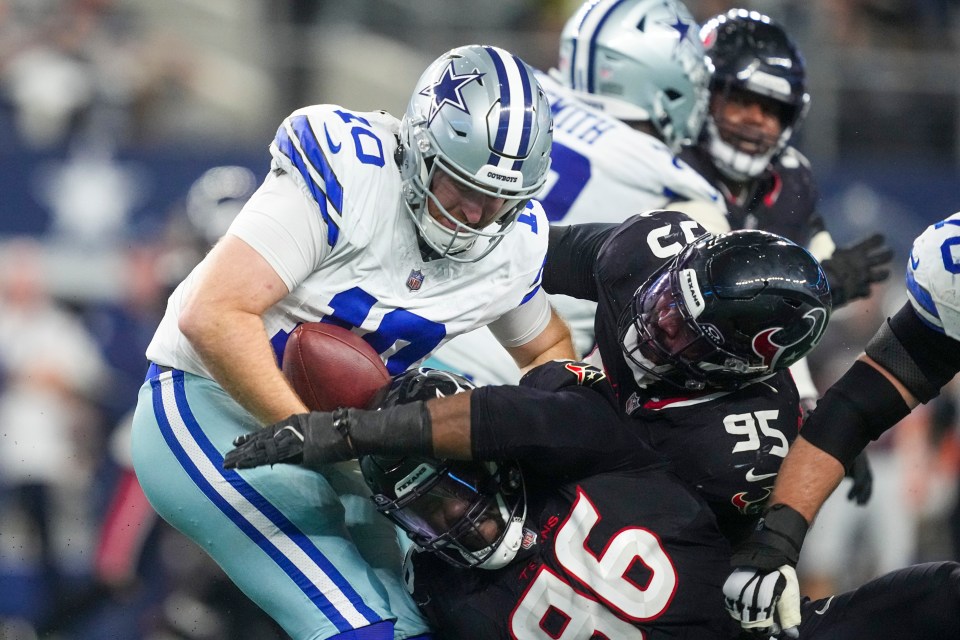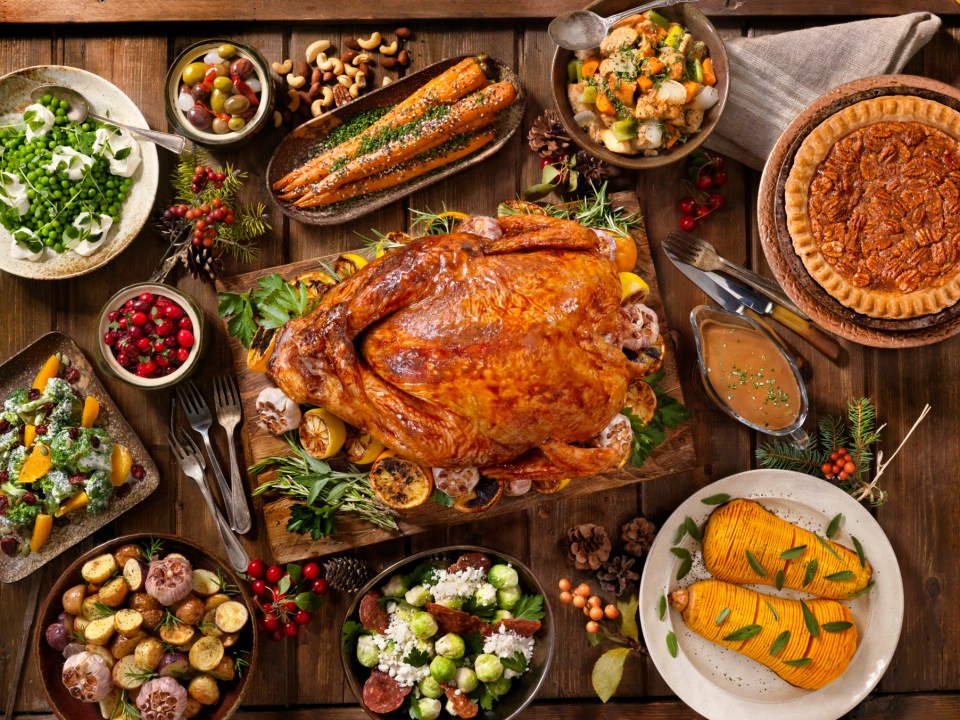NYS DEC Advisory: Do Not Feed Wildlife
The New York State Department of Environmental Conservation (DEC) emphasizes the importance of letting nature take its course when it comes to wildlife. Understanding when an animal needs help versus when it’s just living naturally is crucial for their well-being. Here’s why feeding wildlife, especially certain species, is not only detrimental but also illegal in New York.
Recognizing Wildlife in Need vs. Natural Behavior
- Animal in Distress: Look for signs of injury, illness, or significant distress. If you suspect an animal needs help, contact a wildlife rehabilitation professional.
- Normal Behavior: Young animals often appear alone but are typically under the care of a nearby parent. Unless they are visibly injured or in immediate danger, they should be left alone.
Why Feeding Wildlife is Harmful
- Dependency: Animals can become reliant on human-provided food, reducing their ability to forage and hunt naturally.
- Health Issues: Human food often contains preservatives, sugar, and salt, which can harm wildlife.
- Behavioral Changes: Feeding wildlife can cause them to lose their natural fear of humans, leading to increased human-wildlife conflicts.
Legal Implications of Feeding Certain Wildlife
In New York State, feeding certain wild animals is illegal due to the risks it poses to both the animals and humans. The following animals should never be fed:
- Bears
- Why It’s Harmful: Bears that associate humans with food can become aggressive, leading to dangerous encounters.
- Legal Status: Illegal to feed under NY law.
- Deer
- Why It’s Harmful: Feeding deer can disrupt their natural foraging behavior and spread disease within deer populations.
- Legal Status: Illegal to feed under NY law.
- Moose
- Why It’s Harmful: Similar to deer, feeding moose can lead to dependency and increase the risk of human-wildlife conflicts.
- Legal Status: Illegal to feed under NY law.
Guidelines for Handling Wildlife Encounters
- Observe from a Distance: Enjoy watching wildlife from afar to avoid causing stress or altering their behavior.
- Do Not Feed: Resist the urge to provide food. Wildlife can find natural food sources that meet their nutritional needs.
- Secure Food Sources: Keep food waste secure and avoid leaving pet food outside, as it can attract wildlife.
- Educate Others: Spread awareness about the importance of not feeding wildlife and the potential consequences.
Read More News:
- Legal Trouble: Two Individuals Charged with Signature Forgery in Florida and Kansas
- After 1,000 Complaints in One Week, the Court No Longer Accepts ‘orchestrated’ Objections Criticizing the Judge in Trump’s Florida Case
While it may seem like a kind gesture to feed wild animals, it often causes more harm than good. By understanding and respecting wildlife laws and guidelines, we can contribute to the health and safety of both the animals and our communities. For more information or to report distressed wildlife, contact the NYS DEC or a local wildlife rehabilitation center.
Reference Article:











